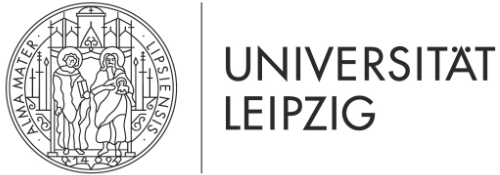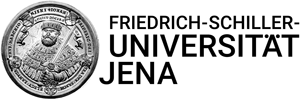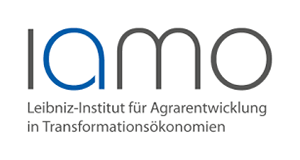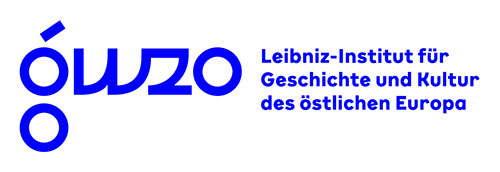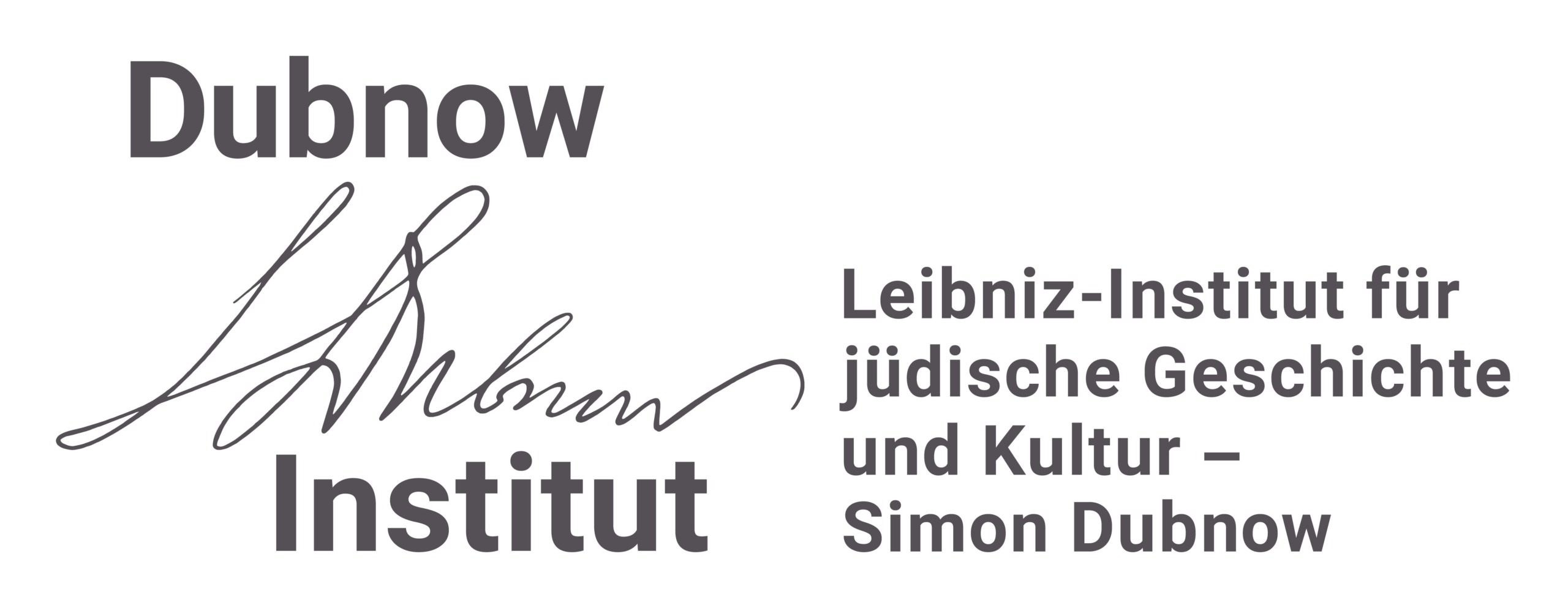Eric Burton
Stay at EEGA: End of November 2017 – March 2018
Research Project: Bars, curtains and pipelines: Conjunctures of African mobility towards and beyond Eastern Europe during the Cold War
From the late 1940s to 1990, shifting global Cold War rivalries overlapped with struggles for decolonization and development. For Africans, this historical constellation opened up new possibilities to establish channels for venturing abroad in order to gain knowledge, qualifications and experiences. The destinations of these journeys were often the former imperial metropoles, but also an increasing number of other countries – including the socialist “East“, other states of the “South” like Egypt, China or India, as well as countries of the “West” – that had no immediate history of colonial possessions. Liberation movements sent freedom fighters to training camps abroad and postcolonial African states invested in the academic and vocational qualification of citizens overseas to keep growing administrative and infrastructural apparatuses running. While university students were most visible in these journeys of education, there were also other mobile groups of both civil and military character: soldiers, intelligence corps and freedom fighters; vocational trainees, trade unionists, party cadres, “contract workers” (the East European counterpart to the West European “guest workers”), and many more.
During my EEGA guest stay, I investigate African mobility towards Eastern Europe through three concepts that help to explain different dimensions of historical structures and agency: 1) “bars,” referring to limits that individuals encountered in their education and expectations of upward social mobility, 2) “curtains,” referring to political rivalries and fault lines – most prominently the Iron Curtain, and 3) “pipelines,” i.e. routes that were established to circumvent the bars and undermine the curtains. My hypothesis is that Africans’ pipelines until the mid-1960s drew on transnational networks and often circumvented state control, helping the travellers to maximise their opportunities to gain access to education and/or to pursue wider political goals. This was less the case in the decades to follow, as non-state organisations in postcolonial states were marginalised and North-South mobility was becoming regulated more strictly, and effectively, by state authorities. To get insights into both state/institutional and individual perspectives, I make use of a wide range of sources including multi-sited archival research as well as published memoirs and oral history interviews.
I am glad to have been offered this opportunity of an EEGA guest stay to exchange my thoughts and collaborate with excellent scholars who are working on “East”-“South” relations and other related topics. Leipzig is a great place to study the history of these relations also because it used to be the central hub of foreign students in the German Democratic Republic.
Biographical note: I have studied development studies as well as cultural and social and anthropology at the universities of Vienna (Austria) and Dar es Salaam (Tanzania). From 2014 to 2016, I worked as a pre-doc researcher in a global history research project on development workers at the Department of Economic and Social History, University of Vienna (entwicklungsexperten.univie.ac.at). My PhD dissertation, submitted in 2017, deals with relations between Tanzania and the two German states and analyses forms of agency in development work and student exchanges.
I have published articles and book chapters on development, socialisms, and mobility and plan to work more on African liberation movements and decolonisation. Currently, I lecture in Development Studies at the University of Vienna and serve as member of the editorial collectives of two academic journals, the Austrian Journal of Development Studies (Journal für Entwicklungspolitik) and the Vienna Journal of African Studies (Stichproben. Wiener Zeitschrift für kritische Afrikastudien) for which I have prepared – or am preparing – special issues on Socialisms in Development (LINK) and Journeys of Education and Struggle: Mobility in times of decolonization and the global Cold War.
Eric Burton edited special issue No. 34 of Stichproben (Vol. 18) – the Vienna Journal of African Studies and wrote the introduction „Journeys of education and struggle: African mobility in times of decolonization and the Cold War“.
Video Interview with Eric Burton and Konstantinos Katsakioris
#2 -Which are the links between your research project and EEGA ScienceCampus?
#3 – How do you expect your fellowship with EEGA to contribute to your professional career?
#4 – At which EEGA events you already participated?
#5 – Please describe your research project and its global aspect in less than two minutes.
